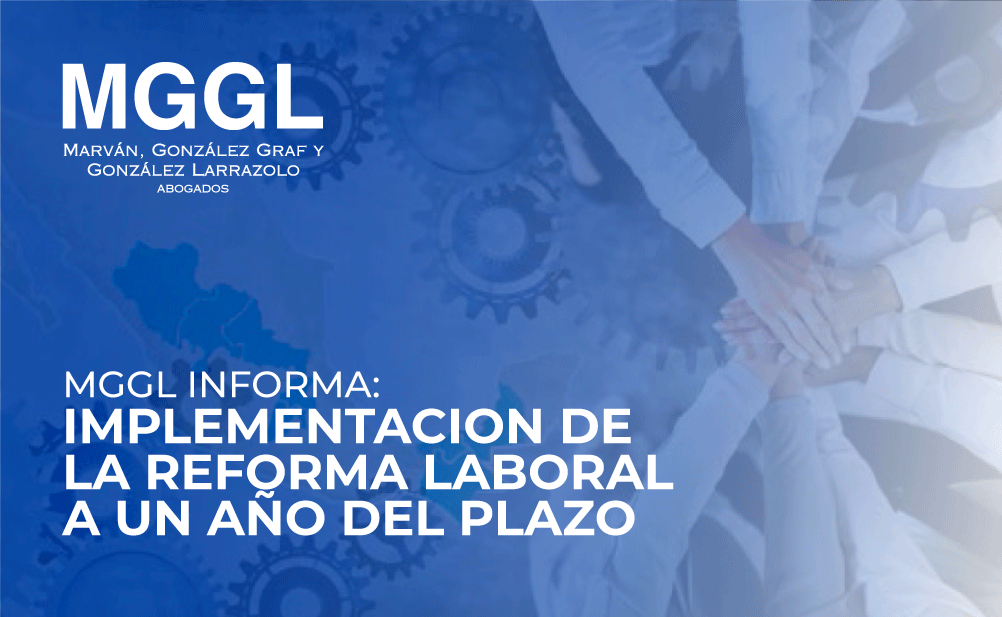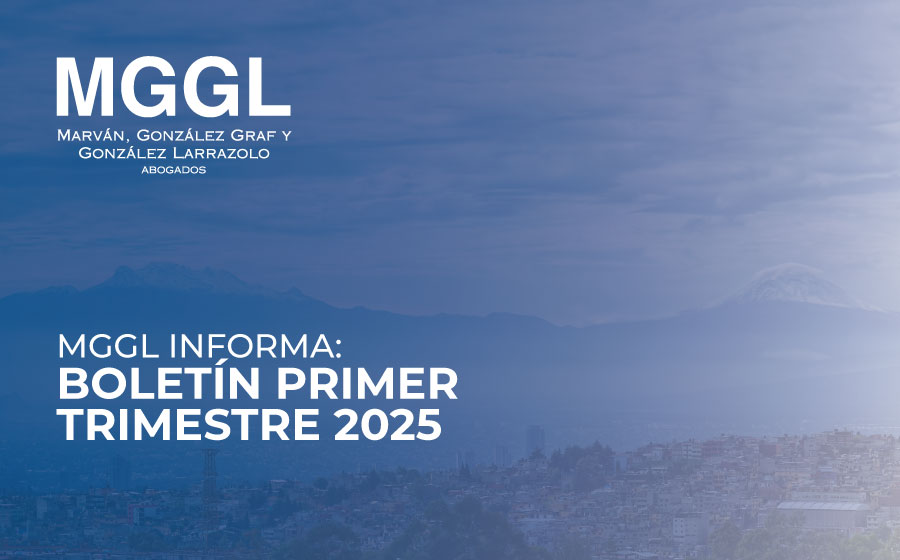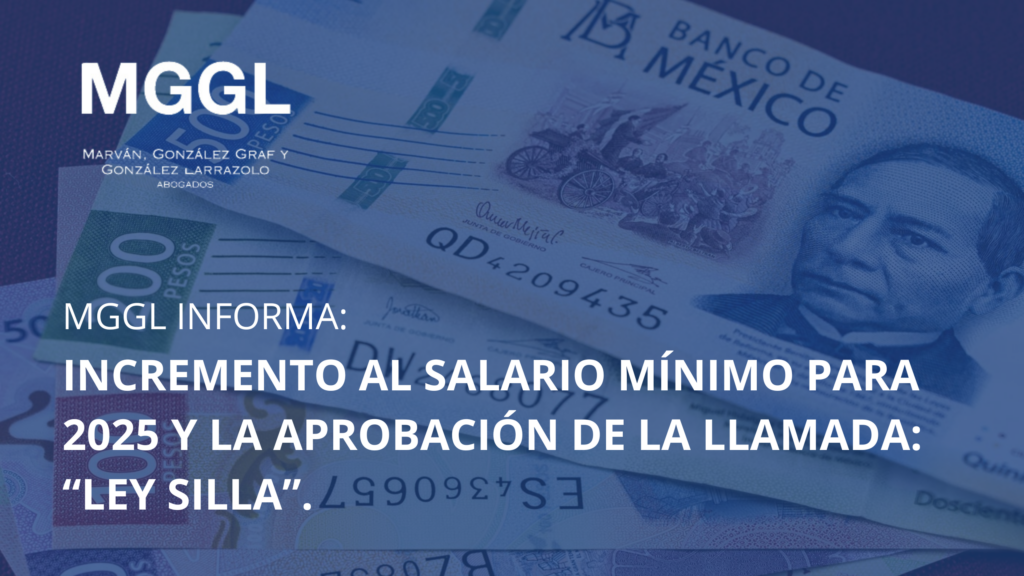As of the May 1, 2019 reform to its Federal Labor Law, Mexico is implementing substantial changes in the administration of labor justice. These changes must be complied with within the deadlines established in accordance with the legal transition set forth in the reform.
This note summarizes in the most succinct manner (a) the scope of the reform; (b) the progress of the implementation and (c) the perspective and expected development in the short term of the same, considering the factors that make up the transition, the results achieved since the start of the reform and reflections on the possible scenarios that may arise going forward.
Scope of the Reform
The way the reform was conceived and implemented implied a radical change in the country's legal culture and management of collective labor and employment relations. While the administration of labor justice was historically considered as an instrument to achieve social balance, in this new stage it has evolved to provide a more technical and expeditious procedure led by the judiciary.
With this reform, the paradigm of the jurisdictional processes has changed, now imposing an obligation on workers and employers to submit to a conciliation hearing as a requirement before filing a lawsuit.
For such purposes, the reform included the entry into operation of state conciliation centers, as well as one on federal level, which also has the responsibility of administering the registry of unions and collective bargaining agreements at the national level.
With respect to collective labor relations, the new model is built on the power of representation through the active participation of workers. Under the new scheme, workers must vote personally, freely, directly and by secret ballot to approve the collective bargaining agreements in force in their workplace.
The reform also imposed an obligation on the unions to legitimize the collective bargaining agreements entered into, a regulation that needs to be complied with within 4 years after the entry into force of the reform. Considering that new authorities had to be created and put into operation, in parallel within the 4-year term, the system has experienced certain challenges of legal interpretation, as well as setbacks of an economic, operational, and structural nature, which were exacerbated by the health emergency.
To read the full article, download the PDF here .



